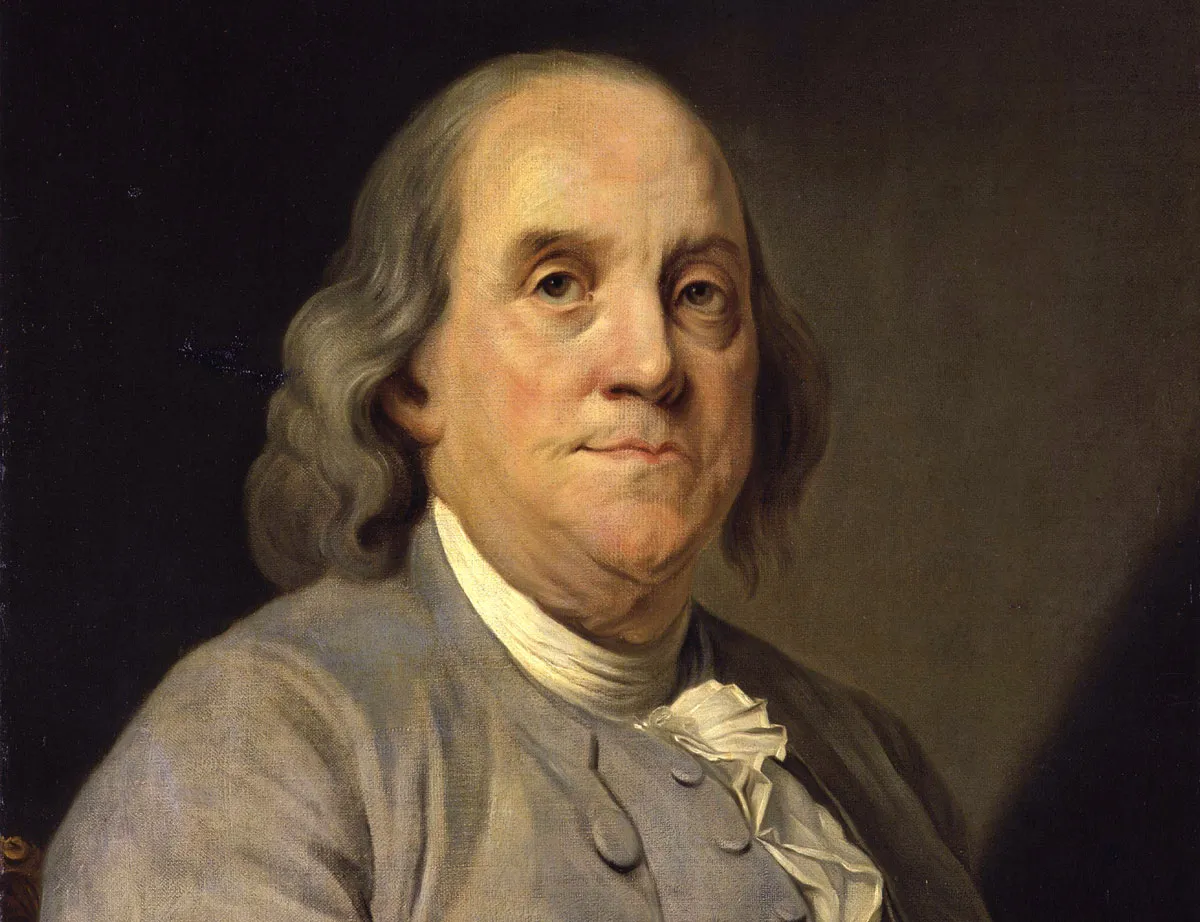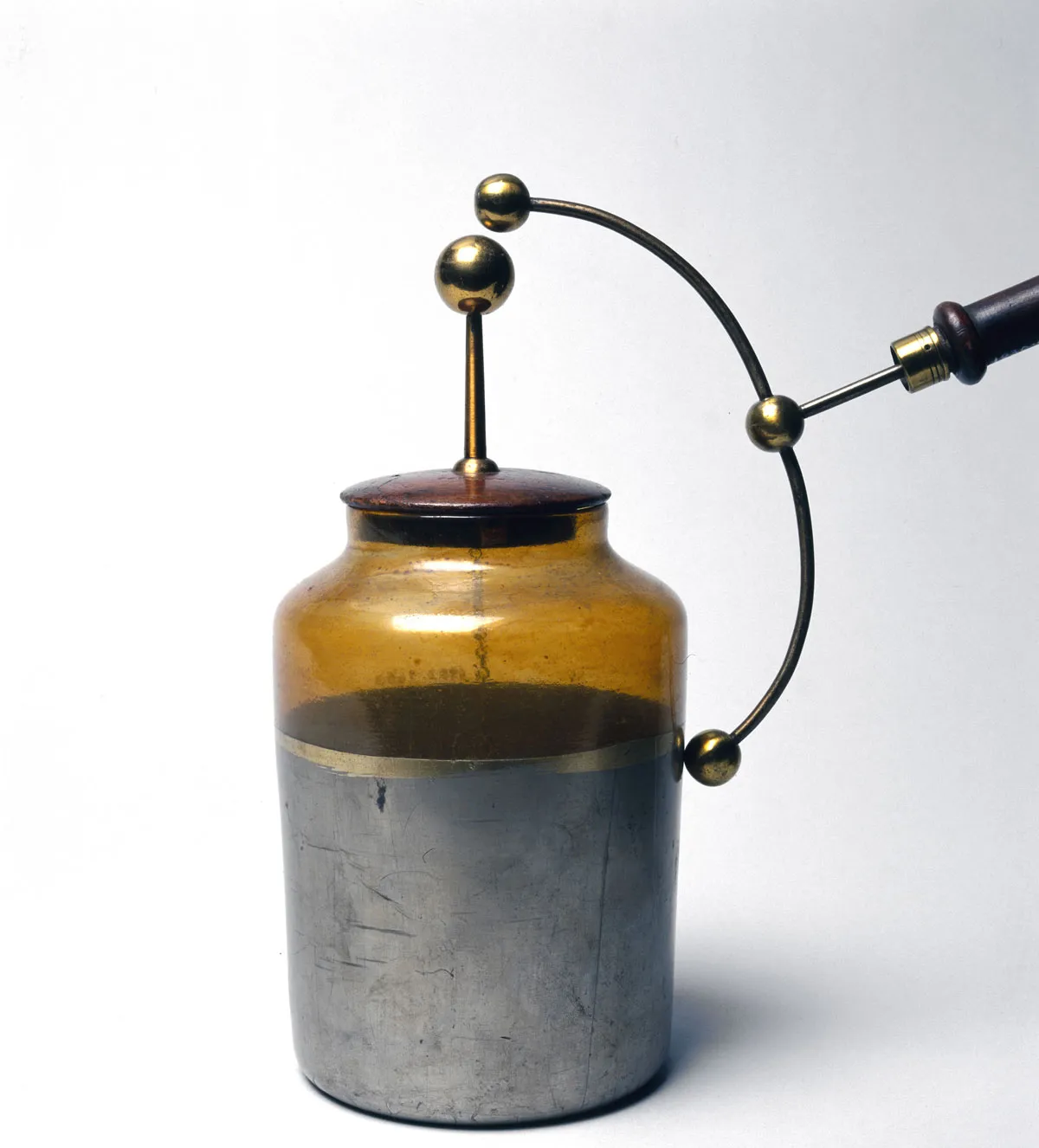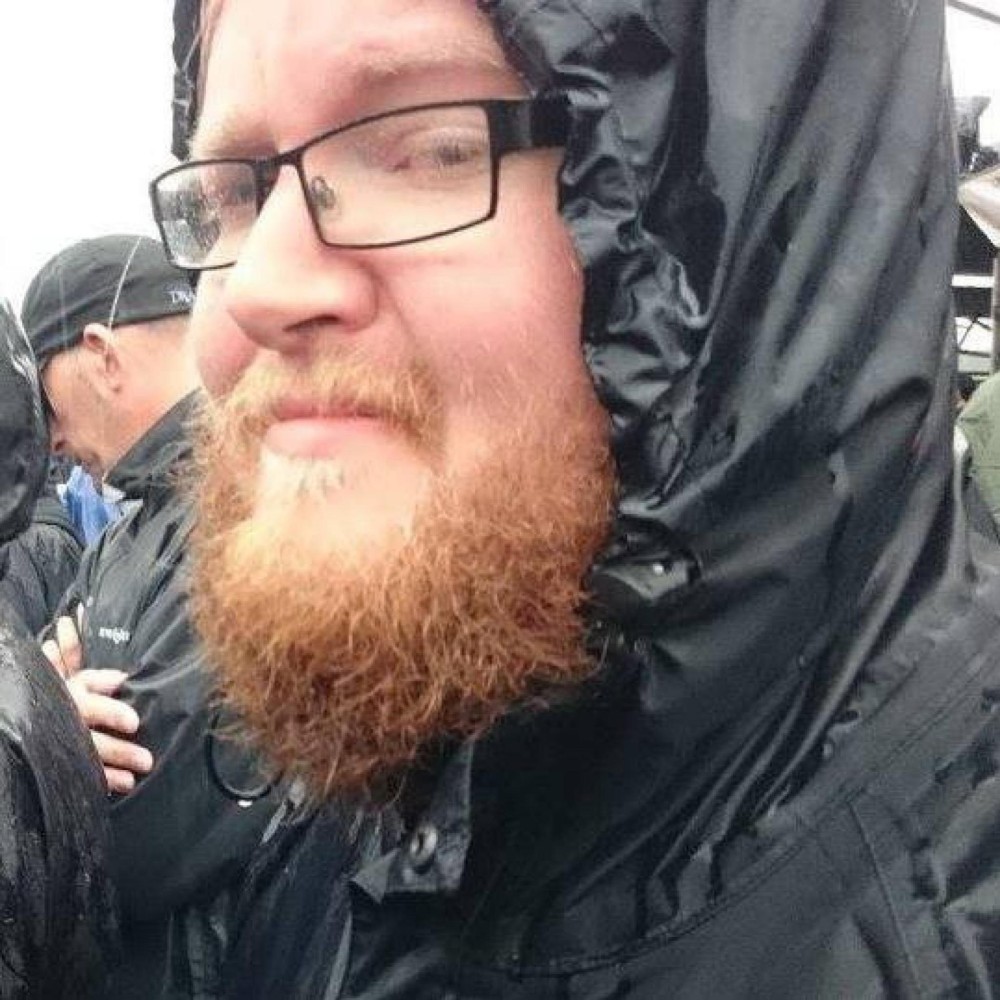Who invented electricity? We'll spoil the big twist now: it wasn't invented, but discovered by humans. The energy form was always there – it just needed someone to find that spark.
Essentially, electricity is a form of energy resulting from the presence and movement of electric charges – the flow of electrons. This energy, of course, powers just about everything you own, from your TV, toothbrush, lightbulbs, and even the fastest plane in the world.
But who actually discovered electricity? The answer is much more interesting than you might think.
Who discovered electricity?
American polymath Benjamin Franklin is most credited for discovering electricity in 1752. In an experiment, he attached a wire to a kite in a thunderstorm, which showed that lightning consists of electricity.

However, despite this seminal experiment, no one person can be credited with discovering electricity. Instead, several individuals made contributions to the study of electricity over centuries. These include...
Thales of Miletus
Greek philosopher Thales of Miletus discovered that rubbing amber (fossilised tree sap) with animal fur would attract objects like feathers. Without truly knowing it, he had noticed the effects of magnetism and static electricity.
William Gilbert (624 BCE to 546 BCE)
In his book De Magnete, English scientist William Gilbert coined the term 'electricus' in 1600, which means 'amber-like'. Polymath Sir Thomas Browne later altered the word slightly, changing it to 'electricity' in 1646
Otto von Guericke (1602-1686)
Building on Gilbert and Browne’s work, German scientist Otto von Guericke successfully produced static electricity by rotating a ball of sulfur with a crank and using his free hand to rub the rotating sulfur.
Stephen Gray (1666-1736)
Stephen Gray discovered the difference between electrical insulators and conductors, finding that electricity would "flow along wires".
Ewald Georg von Kleist (1700-1748) and Pieter van Musschenbroek (1692-1761)
In 1745, the two scientists invented the Leyden jar. Thiswas a key invention in the build-up of our understanding of electricity. The Leyden jar was a glass jar or vial coated on the inside and outside with metal foil. This device was able to store electricity.

Scientists William Watson, Henry Cavendish, and Charles A Coulomb all used the Leyden jar in key experiments with electricity, in the few years before Benjamin Franklin’s kite experiment.
Benjamin Franklin (1706-1790)
In 1752, Franklin proved that lightning consisted of electricity by flying a kite during a thunderstorm.
A metal key was tied to the string of the kite to conduct the electricity from lightning and it worked (giving him a shock). This experiment is credited with sparking the idea of using electricity as a power source.
Alessandro Volta (1745-1827)
Alessandro Volta was an Italian physicist who invented the first electric battery, known as the 'voltaic pile' in 1800. This device produced a steady flow of electrical current and was a significant advancement in the field.
Michael Faraday (1791-1867)
Faraday, an English scientist, made groundbreaking discoveries in the field of electromagnetism. He formulated the laws of electromagnetic induction and demonstrated the generation of electricity through moving magnetic fields. Faraday's work laid the foundation for the development of electric generators and transformers.
Thomas Edison (1847-1931)
Edison, an American inventor, is renowned for his contributions to the practical application of electricity. He developed the first successful practical electric light bulb and established the world's first electric power distribution system, which was crucial in bringing electricity into homes and businesses.
Nikola Tesla (1856-1943)
Tesla, a Serbian-American inventor and engineer, made numerous advancements in the field of electrical engineering. He pioneered alternating current (AC) power transmission, which revolutionised the way electricity is generated, transmitted, and distributed.
Read more:
